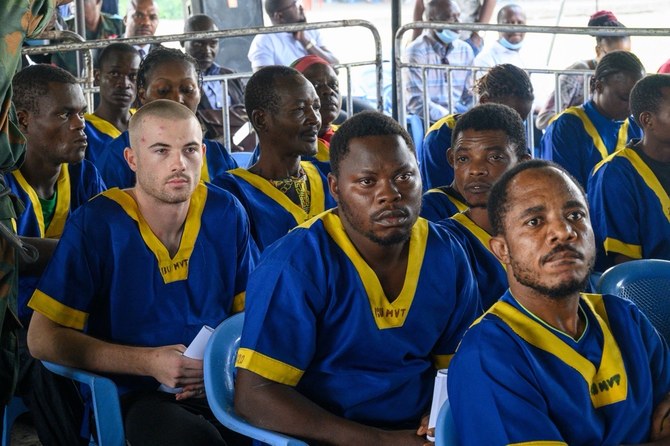A military court in the Democratic Republic of Congo (DR Congo) is expected to deliver its verdict on Friday in a high-profile trial over an alleged coup attempt. The case involves 51 defendants, including three Americans, who could face the death penalty if convicted.
The charges stem from an incident on May 19, when armed men attacked the residence of Vital Kamerhe, the former economy minister and current president of the national assembly. The group then moved to a building housing President Felix Tshisekedi’s offices, carrying flags of Zaire, the name the country held during the rule of Mobutu Sese Seko, the former dictator overthrown in 1997.
Gunfire was reported near the building, with several sources confirming the disturbance. Later, a spokesman for the army declared on national television that the armed forces had successfully thwarted “an attempted coup d’état.”

The plot was reportedly orchestrated by Christian Malanga, a Congolese national who had gained American citizenship. Malanga was killed by security forces during the raid, according to General Sylvain Ekenge, an army spokesman.
Among the 51 accused are three Americans: Marcel Malanga, the son of Christian Malanga, as well as Tyler Thompson, 22, and Benjamin Zalman-Polun, 36. Other defendants include a Belgian, a Briton, and a Canadian, all of whom are naturalised Congolese citizens.
The trial, which began on 7 June in Ndolo military prison, has charged the group with a range of serious offences, including attack, terrorism, illegal possession of weapons and war munitions, attempted assassination, criminal association, murder, and the financing of terrorism.
Despite the ongoing trial, little has been revealed about the exact motivations behind the events of May 19, with many of the defendants blaming the incident on Christian Malanga. Thompson testified that he was “forced” into participating, a sentiment echoed by the other two American defendants, Zalman-Polun and Marcel Malanga.
“I was forced to carry a weapon,” Thompson told the court. He explained that he had come to the DRC to visit Marcel Malanga’s family, whom he had never met before. Marcel Malanga claimed that his father had threatened their lives, while Zalman-Polun stated that he had been “kidnapped” and coerced into involvement.
In late August, military prosecutor Lieutenant Colonel Innocent Radjabu called for the death penalty for all but one of the defendants.
The case has drawn increased scrutiny, especially after the Congolese government lifted a moratorium on the death penalty in March, defying criticism from human rights groups. The moratorium had been in place since 2003.


